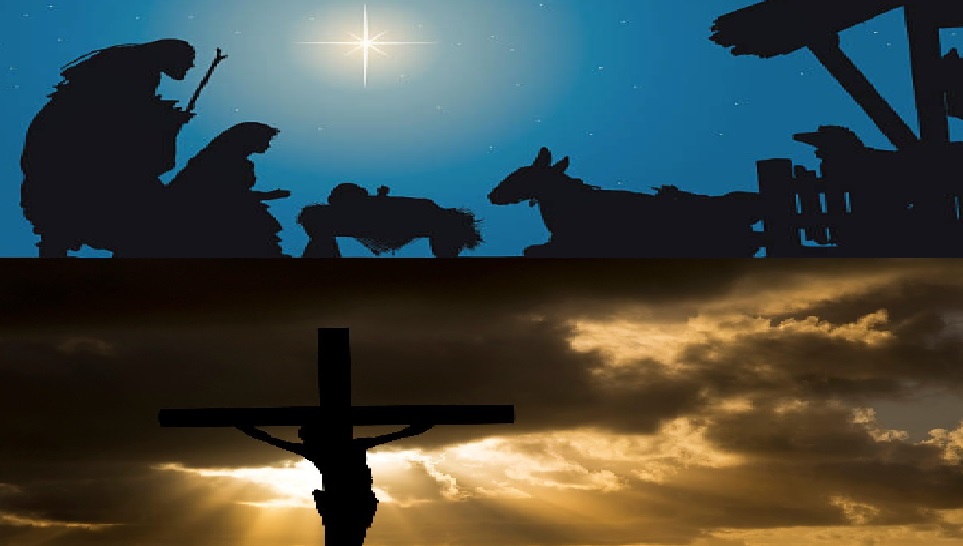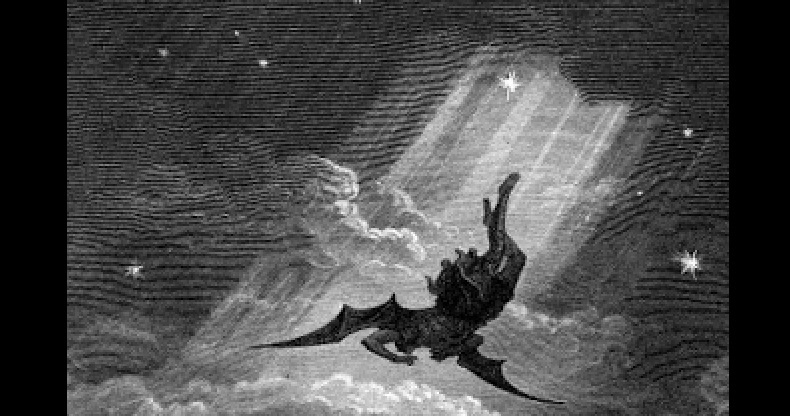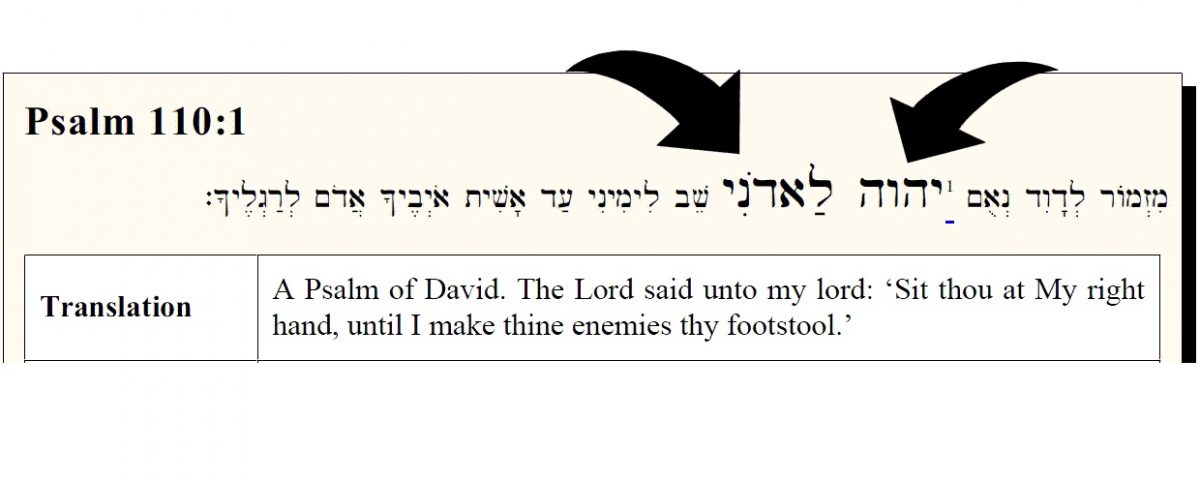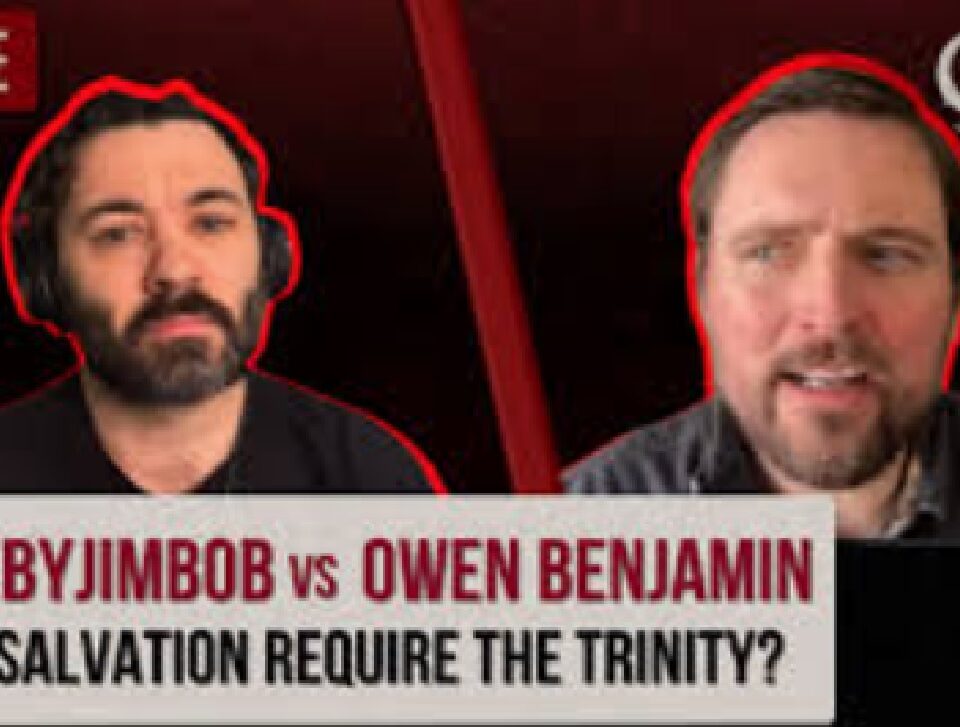
Are There Any Trinitarians to be found in the NT? Part 3
March 1, 2018
Are angels “anointed”? A closer look at Ezekiel 28.14
March 1, 2018“God says to my God”? Psalm 110.1

Many a reputable scholar continues to propagate the theory that the 2nd lord in Psalm 110.1 is Adonai (Deity) and not adoni (non-Deity), i.e., “Yahweh says to my Adonai.”
This amazing, misleading claim throws doubt on the vowel points of the Hebrew Masoretic Text (MT) first introduced c. 1000AD.
This attack on scripture is nothing new.
The preeminent Hebrew scholar of the 19th century at Cambridge, Rev. Dr. Samuel Lee, wrote that Psalm 110.1 “exhibits a Jewish gloss [i.e., a corruption] probably as old as the times of our Lord.”
But translations of the Old Testament before the MT clearly differentiate the 2 Lords of the Psalm.
1st century Aramaic adoni, Judg. 6.15:
- ܒܥܐ ܐܢܐ ܡܢܟ ܡܪܝ – Peshitta
Aramaic bi Adonai, Judg. 13.8:
- ܒܒܥܘ ܡܪܝܐ – Peshitta
4th century Old Greek adoni = kurie mou, Judg. 6.15:
- εν εμοι κυριε μου – Codex Vaticanus
- εν εμοι κυριε μου – Codex Sinaiticus
Old Greek Adonai = kurie:
- εν εμοι κυριε – Codex Alexandrinus
Latin adoni = domine mi, Judg. 6.15:
- in me, domine mi – Old Latin
- obsecro, domine mi – Vulgate
Adonai = domine:
- in me, domine – Old Latin
NOTE: Targums are continued to be used in Judaism and many manuscripts are just as old, if not older, than the Dead Sea Scrolls. As a matter of fact, some were found in Qumran.

